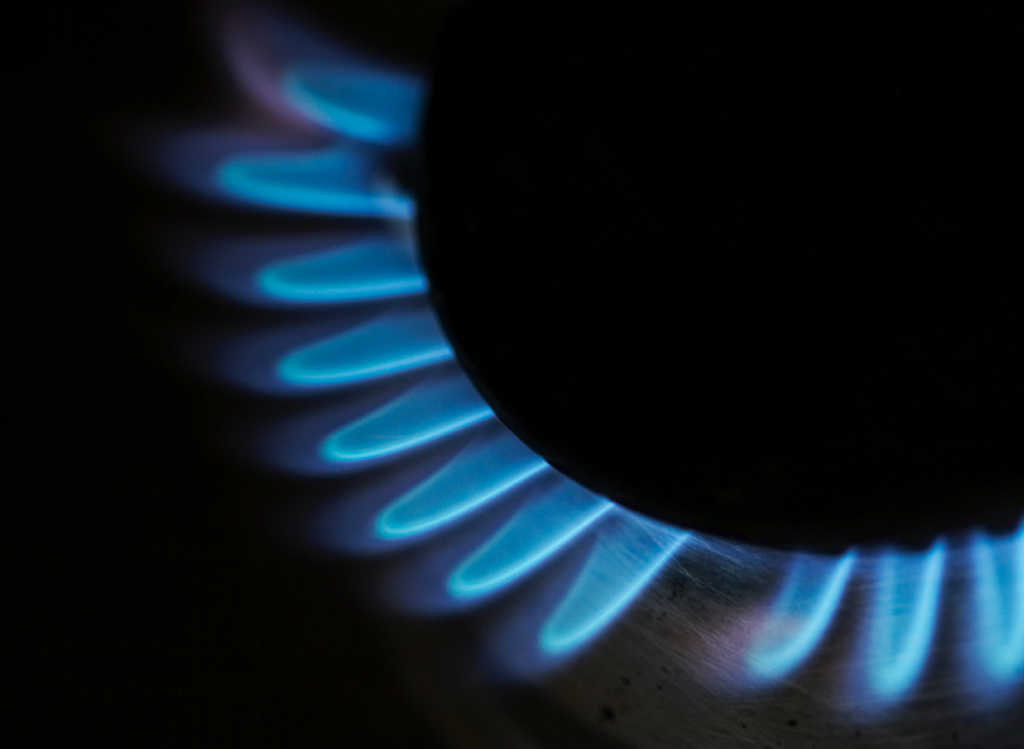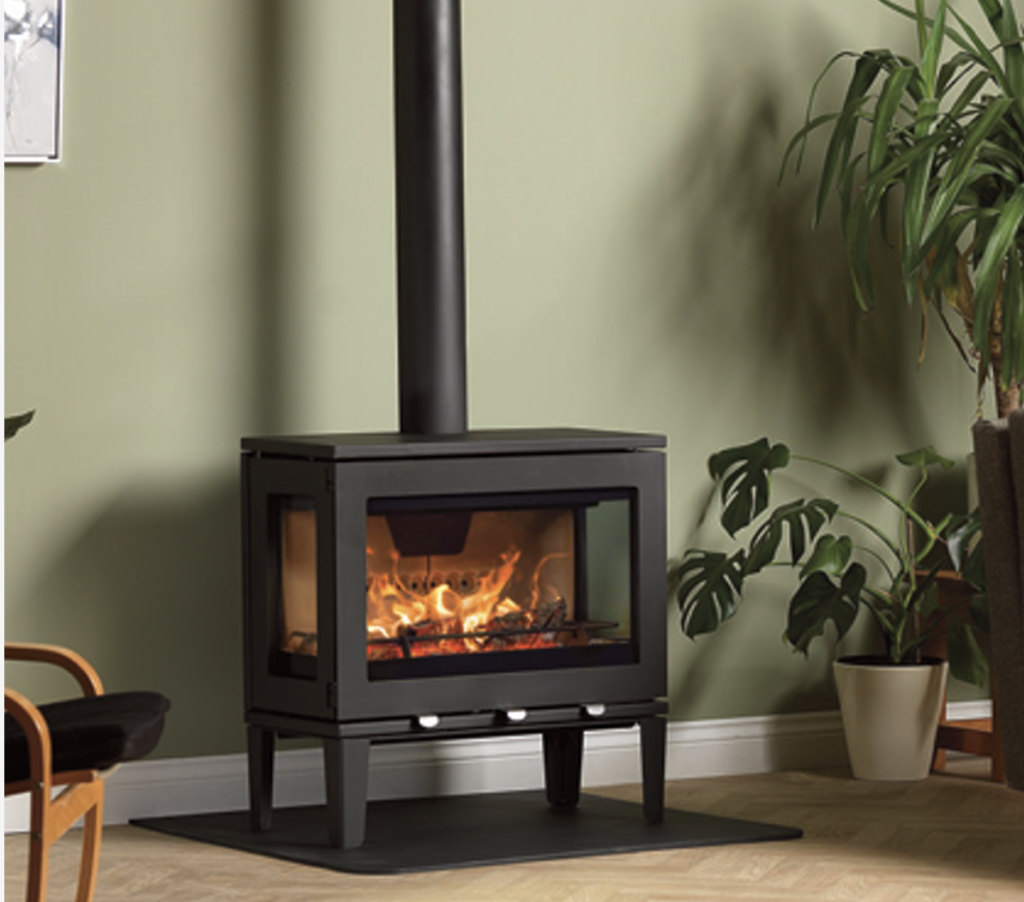Today, Ofgem’s energy price cap has increased. Customers now face, on average, a £149 a year price increase. The cap has risen from £1,568 to £1,717, which is equal to an almost 10% rise.
A new survey by fuel poverty charity National Energy Action and YouGov finds that 51% of adults in Wales alone say they are likely to ration their energy use this winter. Some 31% have found it difficult to pay for their energy over the last year.

The survey, which interviewed 1,059 adults in Wales, also found even in the last three months, when energy costs are typically lower, they were making cutbacks; the figures showed that:
1. 48% of Welsh adults say they have turned off more lights than they wanted to (same as GB).
2. 27% say they have had cold meals rather than use the oven (compared with 23% in GB).
3. 42% say they have reduced their use of baths or showers (40% in GB).
4. 29% say they hadn’t run the washing machine when they needed to (25% in GB).
5. 4% even reported reducing the use of essential medical equipment (such as oxygen and hoists).
6. 8% say they have missed payments on other essential household bills (e.g. rent, mortgage, council tax), compared to 4% in GB.
7. A fifth (20%) say they have cut back on essential items or services, while 11% say they have borrowed from family or friends.
Reducing Inflation
Inflation in the UK fell to the Bank of England’s target of 2% in July for the first time in two years, although it did increase again in August to 2.2%. Despite this good news, many people were hoping energy bills would follow suit. However, this is not the case currently. After the cap rise, the average unit charge for electricity will increase to 24.5p per KWh, up from 22.36p. For gas, the unit charge will be 6.24p per KwH, up from 5.48p.

Alternatives to Central Heating:
If you own a wood-burning stove, you could be able to use it to help with the heating and associated costs. A number of stove owners are using their stove as a key heating source, so in the evenings, they can turn the heating right down throughout the house, just so it’s warm enough when getting into bed but cooler than they would usually have. You can learn more about this here.
Home Insulation Tips:
There are a number of things you can do to insulate your home to keep it warmer and save heating costs. Below are a few for starters:
Thick Curtains – One of the very best ways to keep your home warm in the winter is to have thick curtains. Many homes, especially those that don’t have double glazing will lose a considerable amount of heat through windows.
Giving Radiators Space – Make sure you keep your radiators away from the furniture. Having your sofa right up against the radiator may look cosy, but it will absorb a great deal of heat. Giving your radiator a little space will allow all the heat to warm the room up.
Cover Bare Floors – Did you know that floors that are not insulated can account for up to 12% of total heat loss in a room? If you do not want to use carpet in a room, then using a rug or mat will help.
Small Drafts – There are a number of small drafts around the home, which can all contribute to heat loss. Examples are letterboxes, where brush closers are ideal for stopping junk mail leaflets and also stopping excessive drafts. Keyhole covers are great at stopping drafts through keyholes – especially with older homes, which may have more traditional, larger locks fitted.
Loft Insulation – DIY loft insulation can be a great way to keep your home warm. Although you can get a professional to install it, you can also do this yourself if you have easy access to your loft.
Layer Your Blankets – Fluffy blankets should be closer to your skin, with dense blankets on the outside to help prevent convective heat loss. This can be an efficient way to keep a warmer in bed when the heating may be switched off.








